Knee Pain Relief: What to Know

Research shows that 1 in 4 American adults suffer from chronic knee pain. This common yet debilitating condition can greatly affect one’s quality of life. Please continue reading to learn about some options for alleviating knee pain.
What are common causes of knee pain?
The most common cause of knee pain is osteoarthritis of the knee joint. It frequently occurs in elderly individuals due to the progressive wear and tear of the joint over time. This leads to a loss of the joint cartilage, which functions as a shock absorber. As a result, the space between the bones of the knee joint is reduced, causing them to rub against each other, resulting in arthritis pain.
Other types of arthritis, such as rheumatoid arthritis, gout, pseudogout, and septic arthritis, can also affect the knee joints and cause pain.
Other causes of knee joint pain include:
- Common knee injuries involving the bones, tendons, ligaments, and cartilage surrounding the joint. For example, an anterior cruciate ligament (ACL) tear, a torn meniscus, bursitis, tendinitis, fracture, or sports injuries.
- Mechanical knee problems such as iliotibial band syndrome, loose bodies in the knee joint, and hip or foot problems that can change your gait (walk) and put stress on your knees.
- Patellofemoral pain syndrome, a condition that occurs in people whose patella (knee cap) does not track properly in its groove, athletes, and older adults with arthritis.
Risk factors for knee pain include obesity, lack of strength and flexibility in the leg muscles, previous knee injuries, and certain sports and occupations that put stress on the knees, such as running, basketball, alpine skiing, construction work, and farming.
What is the fastest way to relieve knee pain?
The fastest way to relieve knee pain is to find out what is causing it and treat the underlying condition. For example, if the pain is due to a minor injury, your healthcare provider may recommend conservative measures such as rest, ice, compression, and elevation. More serious injuries may require surgery by an orthopedic surgeon. If you have knee instability and are at risk of further injury, your provider may recommend a knee brace for support. On the other hand, your doctor may prescribe anti-inflammatory medications to relieve knee pain caused by arthritis. In most cases, knee pain improves with nonsurgical treatment.
What are the treatment options for painful or sore knees?
Oral medications
Some of the medications used for joint pain relief include:
- Acetaminophen
- Over-the-counter nonsteroidal anti-inflammatory drugs (NSAIDs) such as ibuprofen and naproxen sodium
- Prescription-strength NSAIDs such as diclofenac (Voltaren) and celecoxib (Celebrex)
Dietary supplements
Nutritional supplements such as glucosamine, chondroitin, curcumin, SAM-e, and omega-3 fatty acids have shown some promise in treating arthritis symptoms such as pain and stiffness, especially when used with traditional treatments like pain medications. However, research on the efficacy of these supplements has shown mixed results. If you decide to take supplements, the Arthritis Foundation recommends you do so under medical supervision because even natural supplements can cause side effects and interact with your other medications.
Joint injections
Medications only provide temporary pain relief. Therefore, in some cases, doctors recommend joint injections that can relieve pain for longer periods of time. These include steroid injections to reduce inflammation, hyaluronic acid injections to provide natural lubrication, or platelet-rich plasma injections that contain growth factors to help the knee joint heal.
Knee surgery
If non-surgical treatment options do not provide pain relief, your doctor may recommend surgery on the affected knee to reduce pain. This may be arthroscopic surgery, a minimally invasive procedure, osteotomy to better align the joint, or partial or total knee replacement surgery, where orthopedic surgeons place an artificial joint to replace the damaged joint.
Do doctors recommend physical therapy for knee joint pain?
Yes, doctors recommend physical therapy for knee pain. It helps to strengthen the muscles surrounding the joint and improves flexibility and balance. A physical therapist may also recommend arch supports to shift pressure away from the knee or knee braces to support the joint. If you are recovering from a knee injury, your physical therapist can help you safely return to normal activities. They can also teach you the correct technique during sports and activities to prevent injuries in the future.
Is walking good for knee pain?
Yes, walking is good for knee pain. It is a low-impact activity that is good for joint flexibility and mobility. In addition, walking can help you lose weight (being overweight or obese is a risk factor for knee pain).
What is a simple home remedy to ease knee pain?
Some of the home remedies that can help with knee pain include:
- Rest: Taking a break from your normal activities can help you heal from a minor injury.
- Ice: An ice pack (a bag of frozen peas works well) can help ease pain and reduce swelling.
- Heat: A heat pack or hot water bottle can provide relief during an arthritis flare.
- Compression: Lightweight compression bandages made of breathable fabric can prevent the buildup of fluid in arthritic joints. Make sure you don’t wrap the bandage too tight, as it could affect circulation.
- Elevation: Propping your leg up on pillows can help reduce swelling.
- Weight loss: Excess weight can be responsible for putting pressure on the knees and causing knee pain. Weight loss with a healthy diet and low-impact exercise can provide relief.
If your knee hurts and home remedies don’t help after a few days, make an appointment to see your healthcare provider. They will find out the cause of your knee pain and ensure you get the appropriate treatment. This will not only provide relief from your knee pain symptoms but also prevent further damage to the joint.
References:
- https://acl.gov/news-and-events/news/one-four-adults-suffers-chronic-knee-pain
- https://orthoinfo.aaos.org/en/diseases--conditions/arthritis-of-the-knee/#
- https://www.mayoclinic.org/diseases-conditions/knee-pain/symptoms-causes/syc-20350849
- https://www.health.harvard.edu/pain/walking-for-exercise-may-prevent-knee-pain
- https://www.arthritis.org/health-wellness/treatment/complementary-therapies/supplements-and-vitamins/vitamins-supplements-arthritis



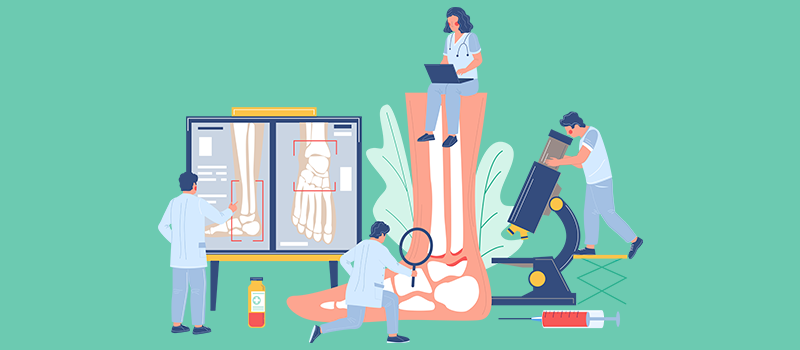
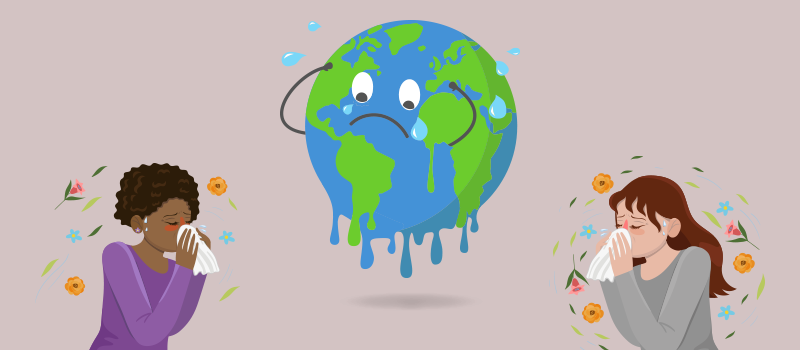
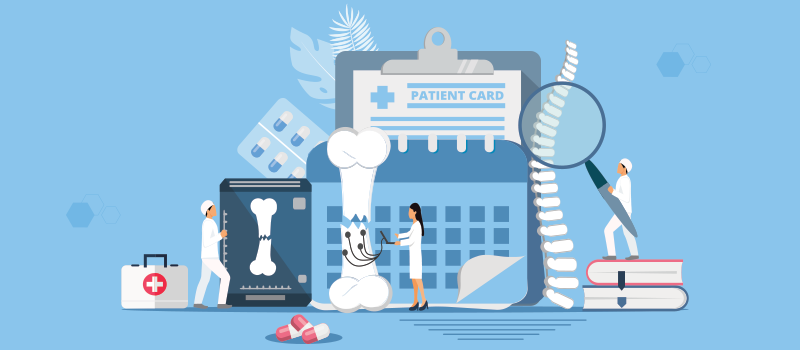
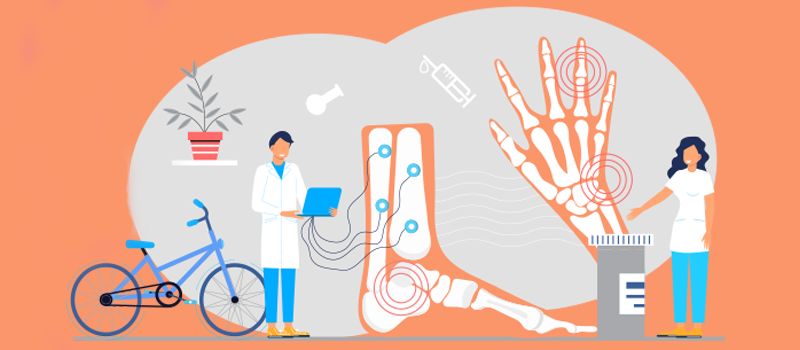
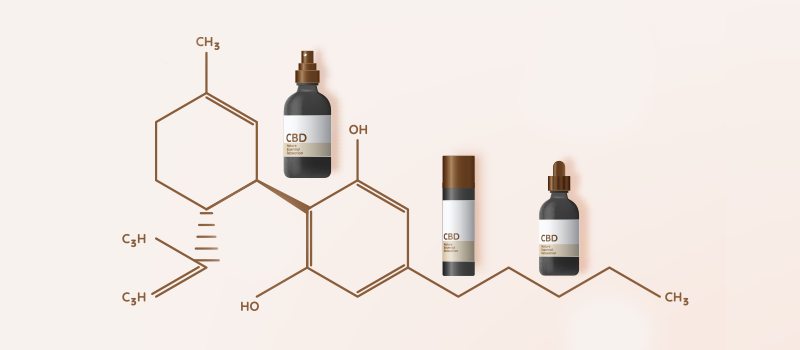




SOCIAL